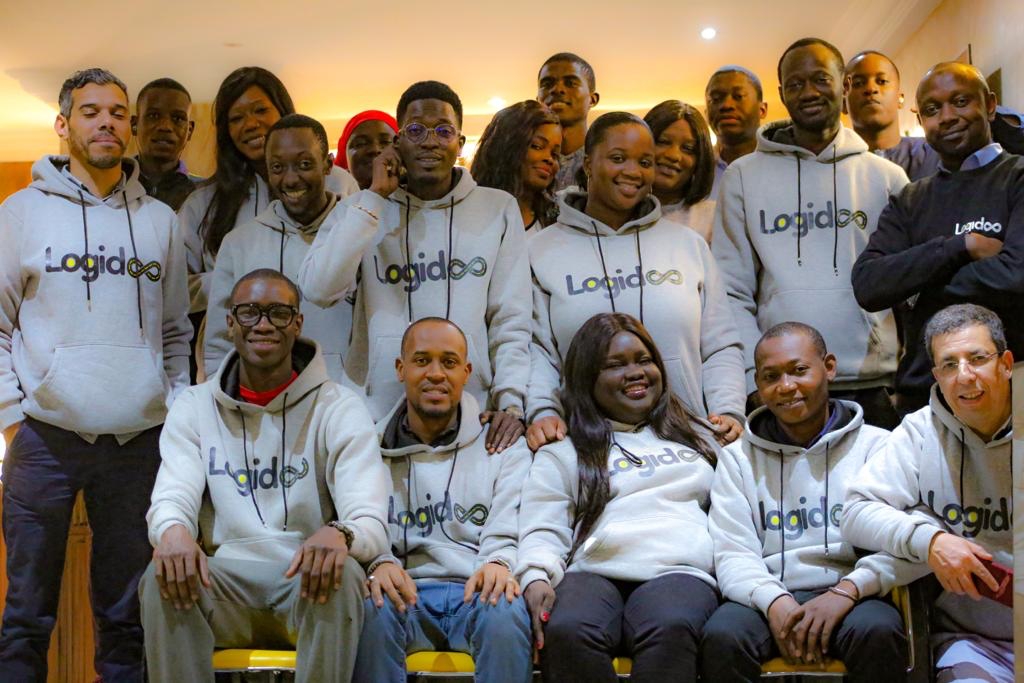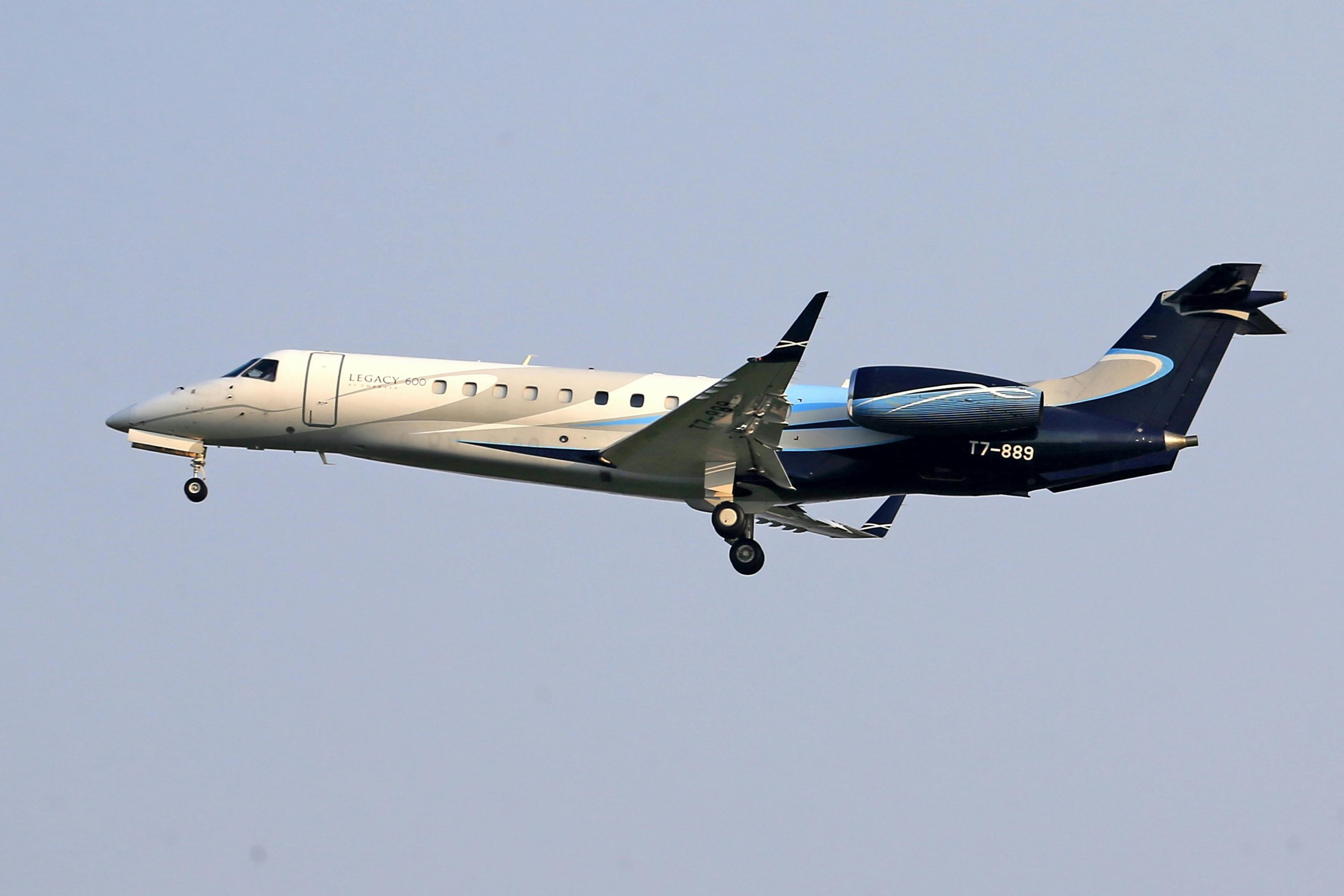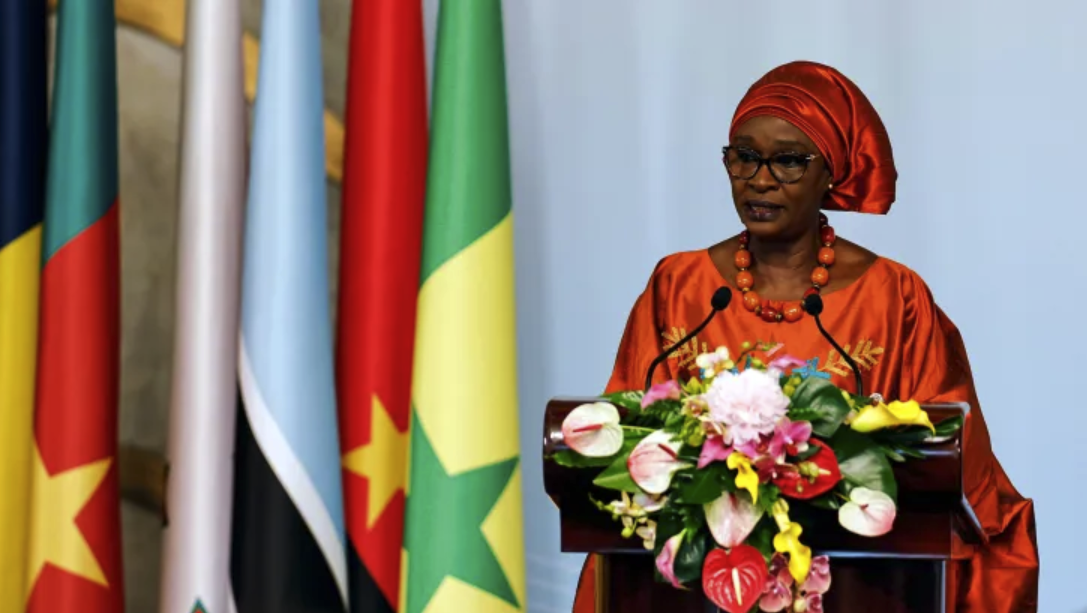Foreign Minister Yassine Fall is at the helm of redefining the nation’s place in the world. Under the leadership of President Bassirou Diomaye Faye, Senegal is pursuing an ambitious 25-year development plan that prioritizes economic sovereignty, sustainable resource management, and the empowerment of local expertise.
In an exclusive interview, Fall shared insights into Senegal’s vision for the future, the challenges of reshaping global alliances, and the delicate balance between independence and international cooperation.
Senegal has long been regarded as one of Africa’s most stable democracies, but President Faye’s administration is pushing for more than just political stability. The 25-year plan aims to reduce Senegal’s reliance on foreign aid and investment, focusing instead on building a self-sufficient economy rooted in local resources and expertise.
“Our goal is to create a Senegal that is economically independent and capable of determining its own future,” Fall said. “This is not about isolation; it’s about empowerment.”
One of the most significant steps in this direction is the planned closure of French military bases in Senegal, a move that signals a shift in the country’s foreign policy. France has maintained a military presence in Senegal since the country’s independence in 1960, but the Faye administration views this as a relic of the colonial past.
“The closure of the bases is a symbolic and practical step toward asserting our sovereignty,” Fall explained. “It’s about making it clear that Senegal is no longer dependent on foreign powers for its security.”
However, Fall emphasized that this does not mean severing ties with France or other international partners. “We value our relationships, but they must be based on mutual respect and equality,” she said. “We are open to partnerships that align with our national priorities.”
At the heart of Senegal’s transformation is a focus on economic sovereignty. The country is rich in natural resources, including oil, gas, and minerals, but past mismanagement and foreign exploitation have limited the benefits to the local population.
“We are committed to ensuring that our resources are managed sustainably and that the wealth they generate is reinvested in our people,” Fall said. “This means building local capacity, creating jobs, and fostering innovation.”
The government is also investing in renewable energy and agriculture to reduce reliance on imports and create a more resilient economy. “We cannot talk about sovereignty without addressing food and energy security,” Fall added.
As Senegal redefines its global alliances, Fall faces the challenge of navigating a complex and rapidly changing international landscape. From shifting geopolitical dynamics to the growing influence of non-Western powers like China and Russia, Senegal must carefully balance its relationships to achieve its goals.
“Our diplomacy is guided by pragmatism and principle,” Fall said. “We seek partnerships that are mutually beneficial and aligned with our vision for the future.”
One area of focus is strengthening ties with other African nations. “Regional integration is key to our development,” Fall noted. “We cannot achieve our goals in isolation; we must work together as a continent.”
Implementing President Faye’s vision is not without its challenges. From bureaucratic hurdles to resistance from entrenched interests, the path to economic sovereignty is fraught with obstacles.
“Change is never easy, but it is necessary,” Fall said. “We are committed to overcoming these challenges and creating a better future for all Senegalese.”
Despite the difficulties, Fall remains optimistic about Senegal’s potential. “We have the resources, the talent, and the determination to succeed,” she said. “This is a moment of great opportunity for our country.”
As Senegal embarks on this transformative journey, the world will be watching. The success of President Faye’s 25-year plan could serve as a model for other African nations seeking to assert their sovereignty and build self-sufficient economies.
For Yassine Fall, the task is clear: “Our mission is to ensure that Senegal takes its rightful place on the global stage, not as a dependent nation, but as a proud and independent partner.”








